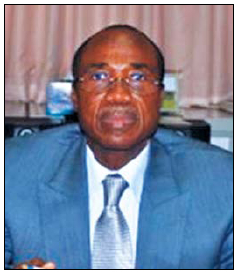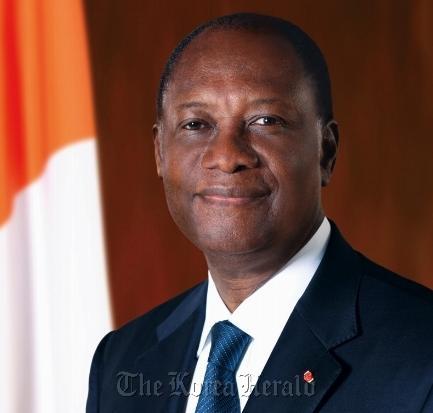The Republic of Cte d’Ivoire celebrated its 51st national day on Sunday. In South Korea, the event will to be marked by a reception given by his Excellency EKRA Kouassi Florent, Ambassador of Cte d’Ivoire on Monday at 6:30 p.m. at Lotte Hotel in Seoul.

To better know this country, it’s worth giving a general presentation of Cte d’Ivoire, then focusing a little on its economic role in West Africa and finally skimming through business opportunities there.
General presentation of Cte d’Ivoire
The Republic of Cte d’Ivoire is located in Sub Saharan West Africa. It is bordered to the south by the Gulf of Guinea alongside the Atlantic Ocean, to the north by Burkina Faso and Mali, to the west by Guinea and Liberia, and to the east by Ghana.
•Political and administrative capital: Yamoussoukro
•Economic capital: Abidjan (5 million inhabitants)
•Official Language: French (in addition to 60 mother languages)
•Population: 20 million
•Area: 322,462 square kilometers
The country is divided into 19 Provinces and 58 local government areas.
The political system is multiparty and the regime is presidential with 5 year-terms.
Cte d’Ivoire has a tropical climate with an average temperature of 28 degrees Centigrade all year round. The natural vegetation is rainforest in part of the south, savannah in central and northern parts.
Economic position in West Africa
Based on agriculture and agro-allied industries, the economy of Cte d’Ivoire has resisted the world’s recent financial crisis. The country is still the world’s largest producer of cocoa and is still among the biggest African producers of agricultural products. The main products are:
•Cocoa: 1,200,000 T/year ― 40 percent of the international market
•Coffee: 170,000 T/year 3rd in Africa
•Rubber: 150,000 T/year 1st in Africa
•Pineapples: 260,000 T/year 1st African provider for European market
•Palm oil: 1,400,000 T/year 1st in Africa
•Bananas: 300,000 T/year 2nd African produce
More and more, the country is diversifying its economy. The mining and energy sectors are developing rapidly. Cte d’Ivoire produces natural resources and minerals including gold, diamond, manganese, iron ore, nickel, oil and natural gas deposits.
Cte d’Ivoire accounts for 40percent of the GDP of the West Africa Economic and Monetary Union. The country represents 38.9percent of exports and 43percent of manufactured products. And 84.2percent of the companies quoted on the regional Stock Market in Abidjan are from Cte d’Ivoire.
From 2004 to 2006 the trade exchange between Cte d’Ivoire and Korea was around $60 million. However, it grew to reach $100 million by 2009.

Business environment
Being one of the key countries of West Africa, Cte d’Ivoire has several assets favorable for investments such as:
•An abundant and well trained workforce
•Modern and suitable infrastructures, including Abidjan Port (ranked second in Sub-Saharan Africa)
•Sufficient electricity, water supply and telecommunication systems including Internet
•More than 68,000 kilometers of road (among the best in Africa)
•Favorable tax and customs measures for foreign investment
Business opportunities
Korean companies are invited to invest in Cte d’Ivoire where many business opportunities and privileges await them, in particular in the following areas:
•Agriculture and agro-business (cocoa, coffee and tropical fruits processing, etc.)
•Transportation and logistics (Abidjan urban train system, San Pedro airport fitting etc.)
•Construction and development (highways, more than 20 000 houses etc.)
•Mining and energy (power generation and transmission, oil exploration, gold, manganese, copper, nickel exploitation and natural gas etc.)
•Information Technology and Biotechnology (VITIB project etc.)
The Ivorian government is planning several big development projects in Abidjan, Yamoussoukro and San Pedro, where the country’s second sea port is located. These projects consist of constructing modern infrastructures, industrialization of the country, and development of natural resources, to name but a few. Korean investments are sought.
Cte d’Ivoire is also a fantastic tourism destination with marvelous sites such as Grand-Bassam, the first capital, with colonial buildings. There are also beautiful beaches in Asouind, Assinie and Monogaga on the sea coast. Tourists can also enjoy national parks full of various animals and sights such as the Basilica Notre Dame de la Paix in Yamousoukro, the biggest in the world.


















![[Today’s K-pop] Treasure to publish magazine for debut anniversary](http://res.heraldm.com/phpwas/restmb_idxmake.php?idx=642&simg=/content/image/2024/07/26/20240726050551_0.jpg&u=)